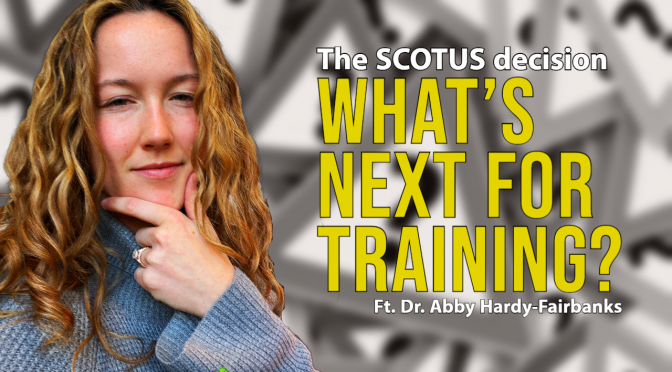Podcast: Play in new window | Download (Duration: 1:20:52 — 74.0MB)
Subscribe: Spotify | RSS | More
An alumni of CCOM and SCP returns to prove: you can do it!
MD/PhD student Miranda Schene, M2 Jeff Goddard, and M1 Fallon Jung visit with alumni Teneme Konne, MD, now a second-year resident. They start by smacking their foreheads over AI-generated images in a recent medical journal, unpacking the rigorous demands of peer review and its pivotal role in scientific accuracy. The conversation then shifts to Dr. Konne’s journey in medicine, and the broad responsibilities of family medicine practitioners beyond clinical care. The resilience and growth he achieved during residency offer a comprehensive insight into the realities of becoming a doctor. Key moments include discussions on medical misinformation, the integral role of primary care physicians, and the personal and professional evolution experienced through residency. It wasn’t completely smooth, but he did it! And the crew discusses Medscape’s Physician Lifestyle & Happiness Report 2024.
We Want to Hear From You: YOUR VOICE MATTERS!
We welcome your feedback, listener questions, and shower thoughts. Do you agree or disagree with something we said today? Did you hear something really helpful? Can we answer a question for you? Are we delivering a podcast you want to keep listening to? Leave a message at 347-SHORTCT (347-746-7828) and we’ll put your message in a future episode (use *67 to be an “Unknown caller”). Or email theshortcoats@gmail.com.
We want to know more about you: Take the Listener Survey
We do more things on…
Continue reading the Exam Table and Beyond: The Role of a Family Doctor




